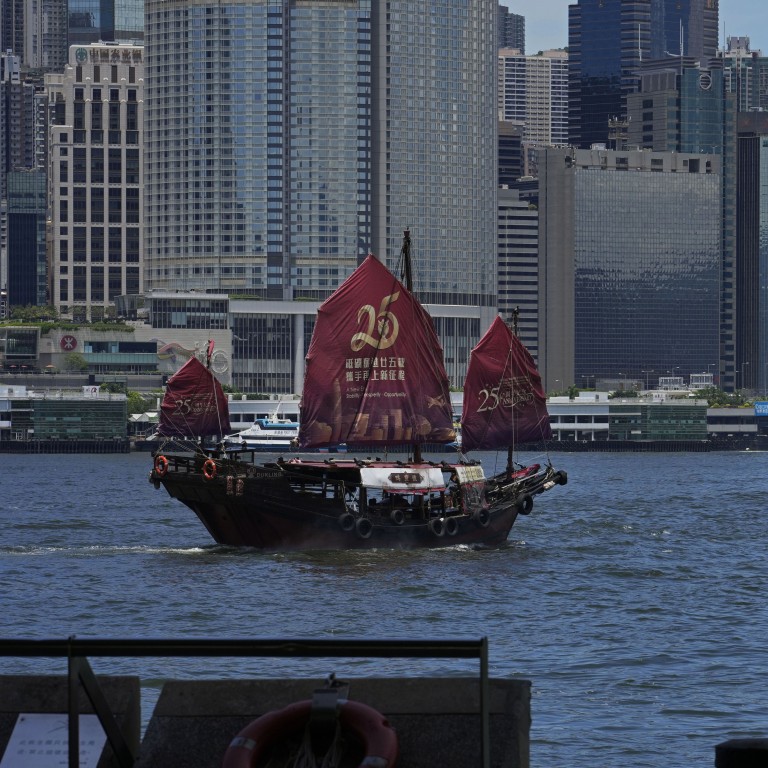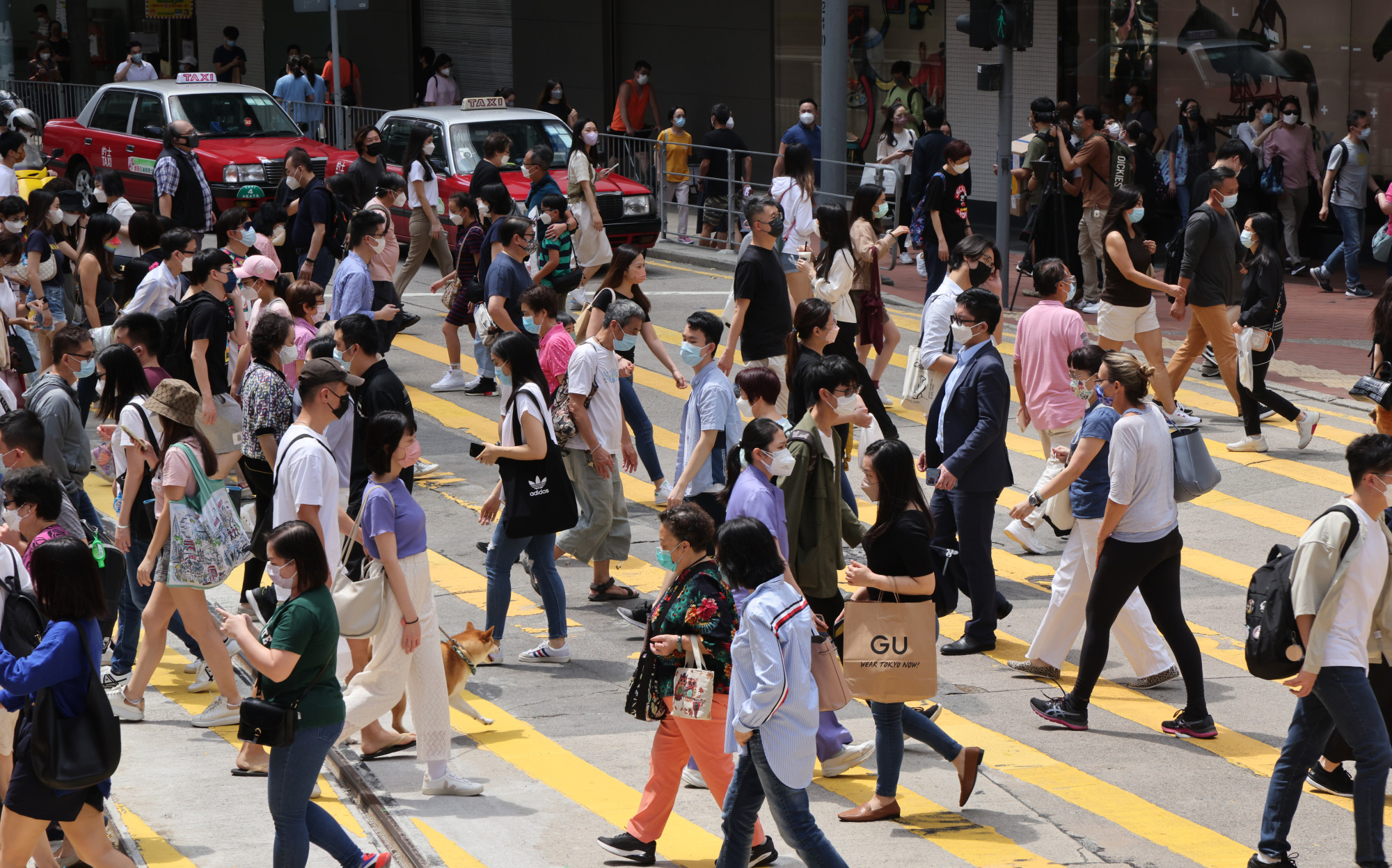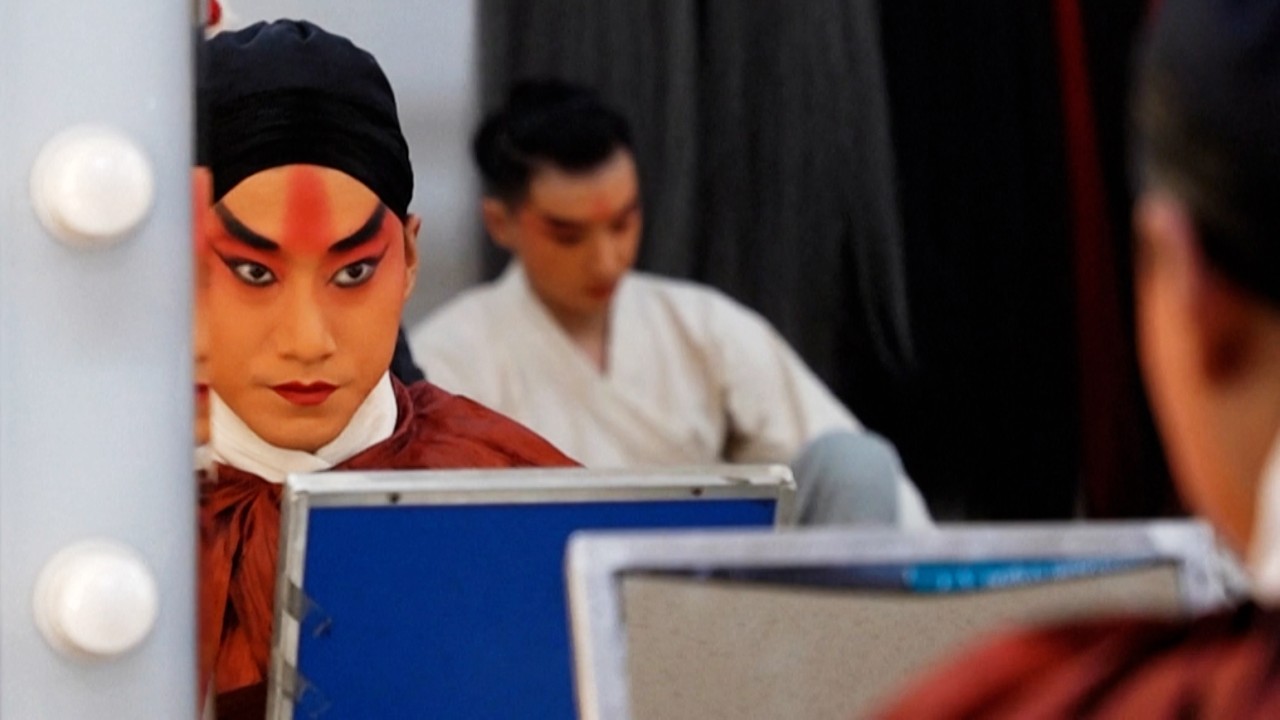
Hong Kong can give the world some much-needed perspective on China and its rich culture
- As a hub for cultural exchange, Hong Kong can bring nuance and colour to a world view on China that remains too simplistic
- But to do so, Hongkongers must first learn to embrace, and love, Chinese culture themselves
The contest of the 21st century is one of cultural values and systems. Young minds in the digital age face a constant barrage of information, much of it biased and based on factors including the platforms we choose, our patterns of consumption, and advertising money spent on trending topics.
Perspective is Hong Kong’s greatest asset. We live in an open society that embraces people from all walks of life. We absorb ideas and values from the East and the West. Our city is a cosmopolitan and hyperactive melting pot that bustles with diversity and change.
So where do we start? With a page out of the Confucian playbook on introspection. To grant others perspective, we must first develop our own. To do so, we must study our Chinese culture and heritage.

Tang Junyi, the first chair of the Department of Philosophy at Chinese University, theorised that you cannot categorically reject your culture. By living and breathing in a city influenced by Chinese habits and traditions, you have subconsciously acknowledged its value. Therefore, to know the underlying culture is to develop a profound understanding of yourself.
Chinese culture is beautiful and rich. The Chinese written script is the foundation of many Asian languages and inspired an artistic form that has been central to Chinese civilisation throughout history. Chinese ceramics, celebrated for their technological advancement, adorn the homes of billions around the world.
Chinese cultural history is diverse, yet unified. While the axis of influence for Western cultural history shifted with the rise and fall of political powers until it found its anchor in religion, the axis for Chinese cultural history has always been with its people.
Like any other, Chinese culture experienced expansion and depression, was redirected by changes of power and influenced by external forces, but unlike many others, it was never extinguished or replaced. From the Xia and Qin dynasties to the Tang and Qing dynasties, Chinese culture has ebbed and flowed, but never been broken.
Through its development, we have learned to embrace humanity and diversity. These are but a few virtues to be gained from the cultural lineage we can proudly call our own.
I recognise that to reignite young people’s passion for Chinese culture, we will go through many trials and tribulations. Yet the obstacles we have experienced in the past 25 years are all stones to pave the way for Hong Kong to become a hub of cultural exchange.
A local Hong Kong anecdote offers the same message: lyricist James Wong Jim once told his teacher, the Chinese scholar Rao Zongyi, that he feared his son did not love Chinese culture. Rao responded that James’s son didn’t love Chinese culture because he didn’t know it. One who knows Chinese culture cannot help but fall in love with it.

This is the perfect platform to promote cultural appreciation. It is a place for displaying historical treasures, for inviting special speakers and for attracting the masses to interact with Chinese history, art and culture. This space should be the first of many.
With a deeper knowledge about ourselves, we can help the world understand China. This is important for everyone around the globe, because to neglect Chinese culture is to dismiss the way of life of one-fifth of the Earth’s population.
Let us, the youth of Hong Kong, help the world understand and embrace the finest elements of Chinese heritage and culture. Let us provide perspective on our way of life to pave the way for a world order that is tolerant of differences and united in purpose.
Eliott Suen is a member of the Hong Kong CPPCC Youth Association


